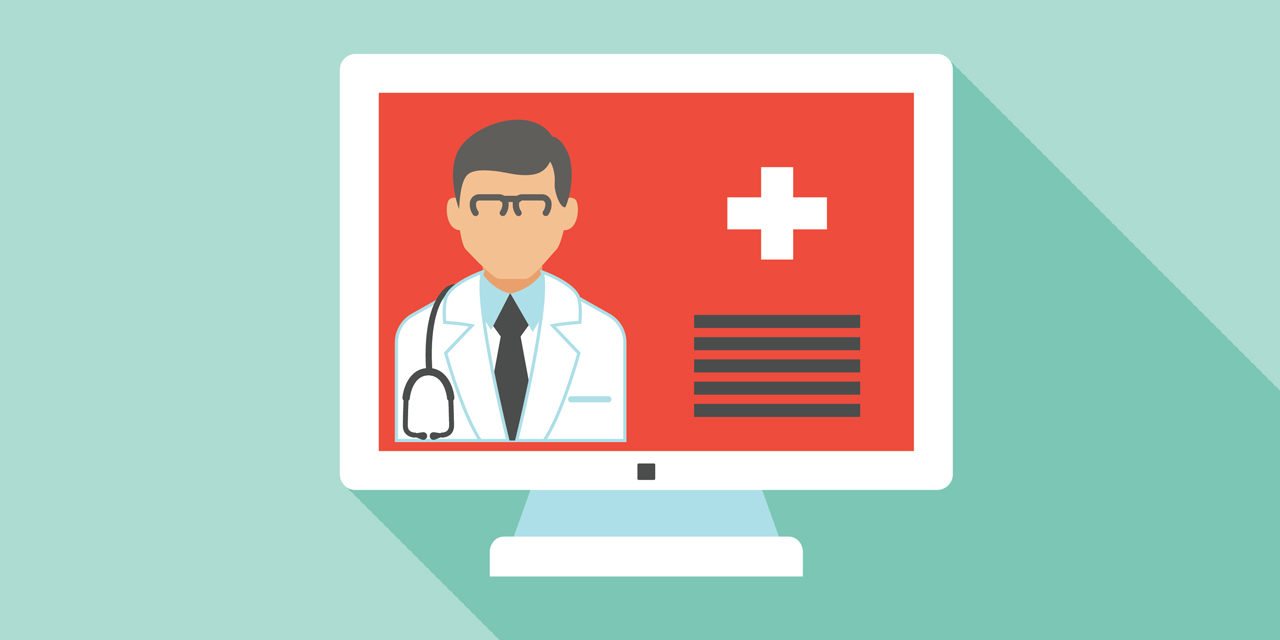While the country remains on lockdown because of the coronavirus, abortion businesses and activists are trying to figure out how to keep the abortion industry running. The answer: telemedicine abortion.
Telemedicine is a growing trend, especially for those people who are in rural areas or those who need medical help after hours and don’t think the situation is serious enough for an emergency room visit. It’s a great system, but the practice is being used by the abortion industry to expand access to abortion.
Dr. Daniel Grossman, who is the director of the pro-abortion research group Advancing New Standards in Reproductive Health, argues that telemedicine abortion is “the perfect solution” for the abortion industry during the coronavirus pandemic. What he’s referencing is that it would be easy for abortionists to provide patients with the abortion pill without ever examining them in person.
In a tweet, Dr. Grossman wrote, “This would be a great time to expand access to telemedicine to keep patients and providers safe. But states like Ohio are using this moment to ban it. And Oklahoma is trying to ban it at six weeks. … Telemedicine is a great innovation that ensures more patients are able to get the care they need, but because it has that power, that’s why they’re specifically banning the use of it for abortion, despite it being just as safe.”
Texas abortionist Dr. Ghazelah Moayedi agrees, “We should be moving anything we can to telemedicine right now.”
This is a profound and potentially deadly mistake.
The two pills that cause a chemical abortion can have a variety of negative side effects for women. From hemorrhaging to an incomplete abortion, the complications can be serious and life threatening. In one study, the researchers discovered that about 20% of the women who had taken the abortion pill process were so concerned about the severity of their symptoms that they called the office to inquire about what to do and what is normal.
In the media and in the official literature, the abortion pill process is described as almost easy. Some, including Planned Parenthood, even make comparisons to a miscarriage. For the women who have undergone the process, that description is inaccurate.
On the website shoutyourabortion.com, women who’ve had abortions share their stories. The website is meant to portray abortion in a positive way, but usually all that comes through is the severe pain, emotional, physical and spiritual, that the women experience.
One woman described her terrible reaction to the chemical abortion process. She wrote, “For me, the (symptoms of the abortion pill process) started instantly. The pills were in my mouth at 11, and by 11:20 I was dizzy and asking him if I could swallow. I knew I had to finish the 20 minutes, but I was getting nauseous and uncomfortable and I was afraid I would throw up the pills and ruin the process. … I was hot and starting to cramp and feeling like I didn’t belong in my body. … I just wanted to get in a ball and go to sleep. I was tired enough and hoped the painkillers could do the trick. I probably swallowed everything at 11:29. And then I passed out. I’m told I was conscious the whole time, but I know I lost consciousness even if it was for a few seconds. … I didn’t feel alive. I convinced myself I was dying, and eventually remembered what was happening. Before I recognized my room, I thought I might be in a hospital and my family might be there. Everything felt terrible and imaginary.”
The woman spent time alternating between vomiting and being on the toilet in immense pain.
A chemical abortion is not easy. Now imagine that the 20% of women who experienced more severe side effects all called their abortionist for assistance, and it’s not inconceivable that a portion of those women would go to emergency rooms as well.
Telemedicine abortions, instead of making things easier on physicians, could put an additional strain on the system with a small group of women seeking out more specialized care because of complications. In the event of a worldwide pandemic, that isn’t helpful.
There is an immense benefit to telemedicine for families that need it, but abortion should not be part of the equation.
Follow Brittany on Twitter at @brittanyraymer.






